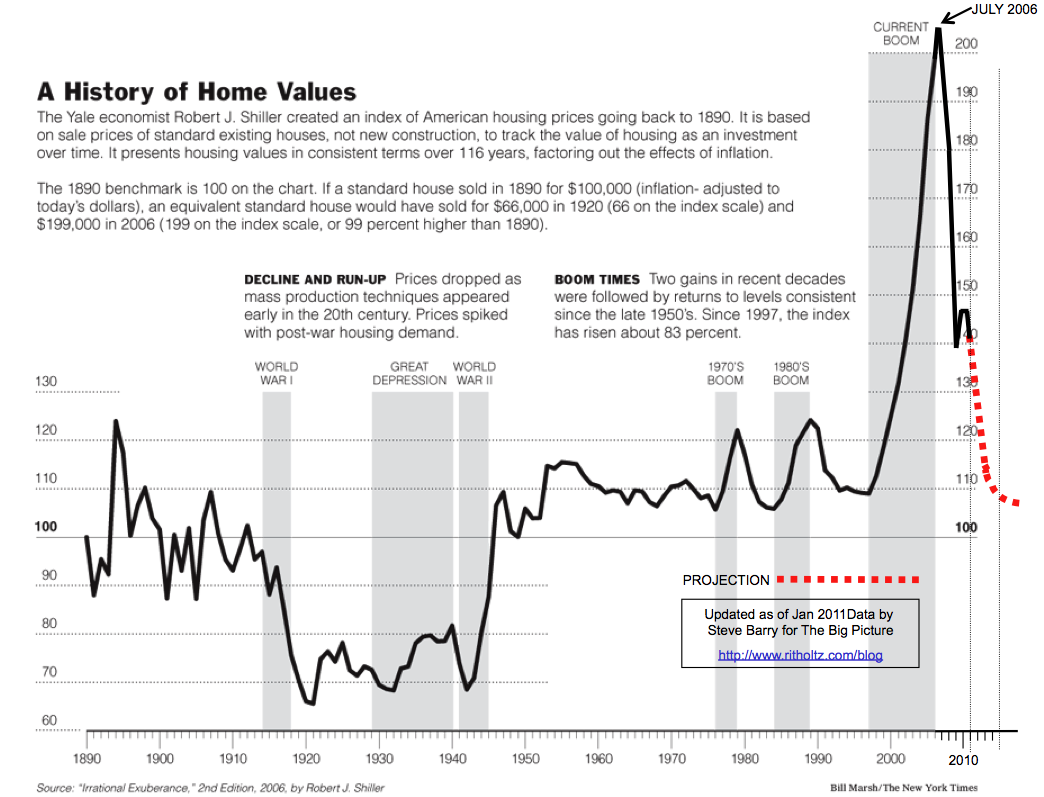On April 15 I linked to a post by Of Two Minds showing how the financial elites are about to harness the power of taxation of the American people to cover their bad debts:
- Here's the Setup for the Con of the Decade - Of Two Minds
For the more wonkish among you today here's a post from John Hussman redolent of intermediate macro that some of us absorbed several decades ago and have seen butchered by one charlatan political school of "economics" after another (supply side economics, free traders preaching deficits don't matter whether fiscal or trade, right wing ahats who defend inequality for inequality's sake, because taxes are so unfair...).
Hussman is saying the Fed is about to go broke and the bailout will be put upon the American taxpayers' backs.
Demand equality! Demand redistributive taxation! Until our elites are to tow the same line as the rest of us, they will do their utmost to take us back to a medieval feudal system within a generation. Here's Hussman:
- Monetary Policy in 3-D - John Hussman

